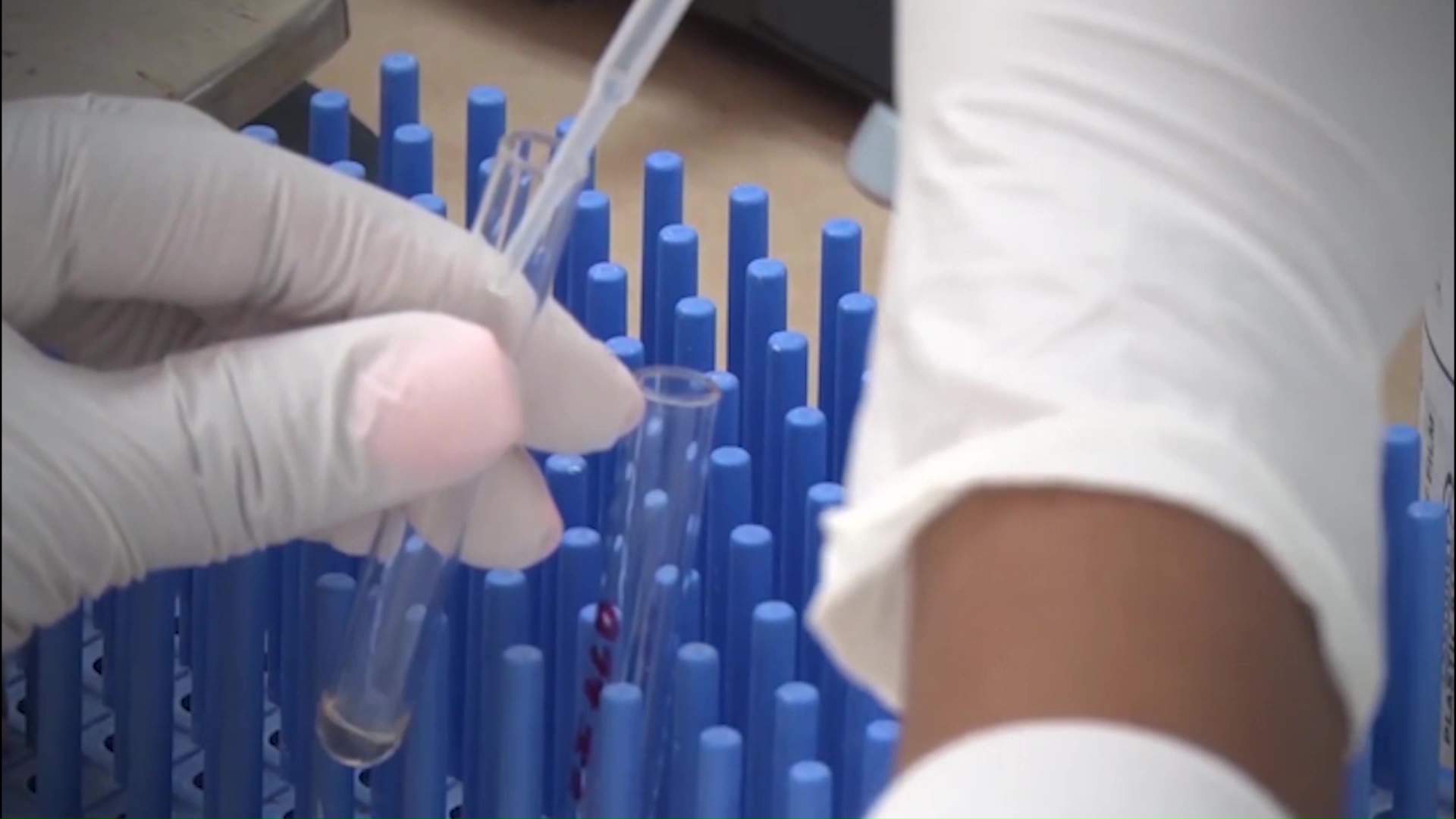In a landmark decision, Belize’s House of Representatives has passed the DNA Bill, paving the way for the creation of a National DNA Database aimed at combating crime, prosecuting offenders, and identifying missing persons. While the bill has been hailed as a significant step forward in law enforcement, it has also sparked intense debate over potential privacy violations and misuse of power. Opposition Leader Tracy Taegar-Panton voiced concerns, particularly regarding Sections 21 and 28, which she argued could grant police excessive authority to forcibly collect DNA samples without adequate safeguards. She warned that such provisions could lead to coercion, intimidation, and abuse, especially targeting vulnerable populations. In contrast, former Home Affairs Minister Kareem Musa defended the bill, emphasizing that DNA collection would require court approval and adhere to a stringent legal process. He outlined that under Section 22, a magistrate must be convinced of reasonable grounds before authorizing DNA extraction, ensuring accountability and oversight. As Belize moves closer to implementing this controversial tool, the nation remains divided: Is this a breakthrough in crime-solving or a threat to civil liberties?
